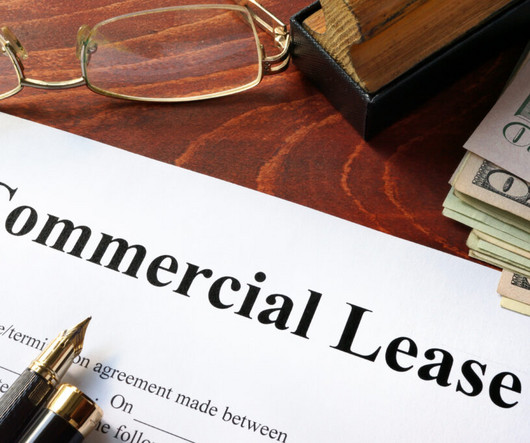A Guide to Choosing the Right Property Manager in Bonita
McKee Properties
FEBRUARY 10, 2025
A qualified property management firm facilitates not only routine maintenance and rent collection but also tenant relations, marketing, and compliance with local regulations. Tenants, on the other hand, benefit from responsive landlord services, ranging from straightforward lease signings to timely maintenance resolutions.












Let's personalize your content